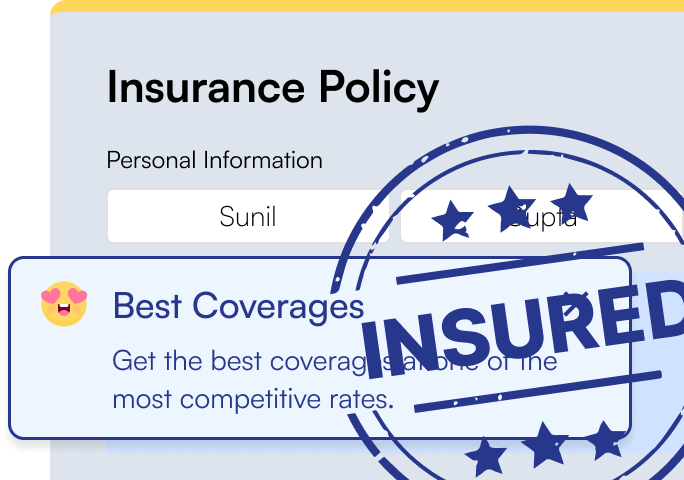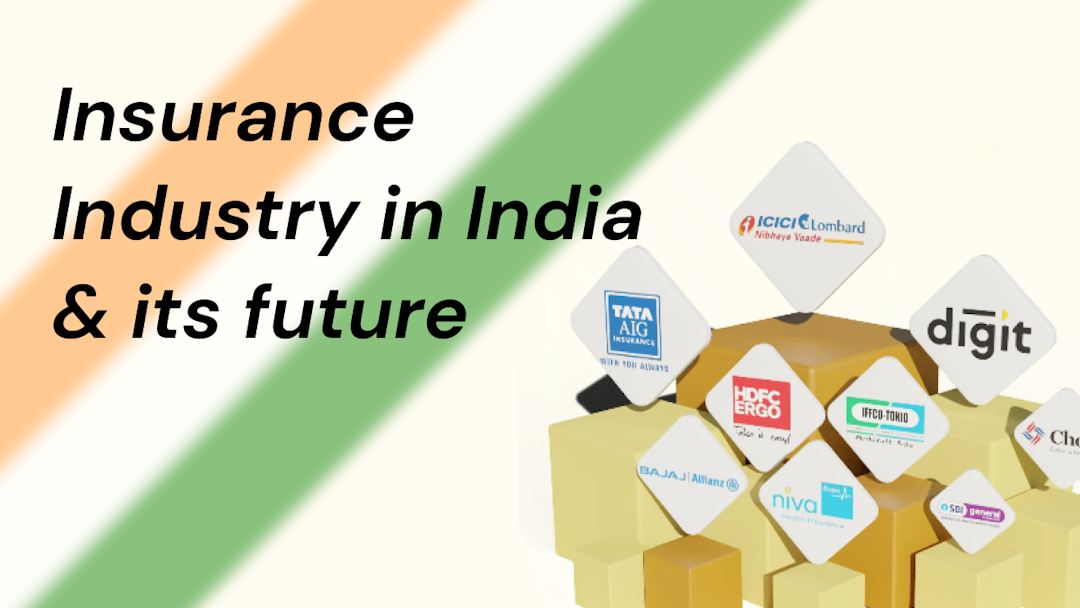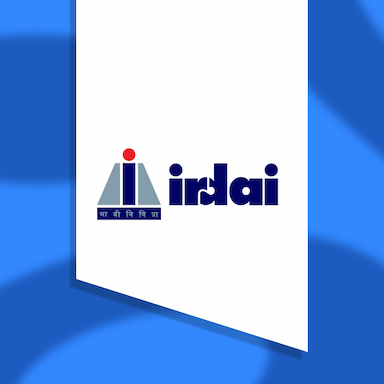Insurance Detariffication: The Road Ahead
The Indian insurance industry is shortly set to undergo a major change regarding how insurance policies are sold. This move is expected to provide wider coverage options and competitive premium rates to the insured. However, it also comes with certain challenges that the insured needs to be aware of.
The Indian insurance industry is shortly set to undergo a major change regarding how insurance policies are sold. The Insurance Regulatory and Development Authority of India (IRDAI) has proposed de-tariffing of rates and policy wordings for Fire and Industrial All Risks (IAR). This move is expected to provide wider coverage options and competitive premium rates to the insured. However, it also comes with certain challenges that the insured needs to be aware of.
Understanding Your Risk
What is de-tariffing?
De-tariffing put simply means that insurance companies can decide how much they want to charge for insurance and what covers they want to offer, instead of having to follow a fixed price and fixed coverage/policy wordings. Such a system is already prevalent in most countries in Europe, Africa, South-east Asia, Australian continent etc. and is now making its way to the Indian market.
Get the best All Risk quote
You name any insurable interest- we can get it insured for you
Now let’s go ahead and examine the pros and cons of such a move. Starting with the good news first, de-tariffication would bring several benefits to the insured. These include:
-
Wider and Flexible Coverages: De-tariffication would allow insurers to offer customized coverage packages to suit the specific needs of the insured. This would enable the insured to choose from a range of options and select the one that best fits their requirements.
-
Competitive Premium Rates: With de-tariffication, insurers would be able to compete with each other by offering more competitive premium rates. This would help reduce the overall cost of insurance for the insured.
-
Tailor-Made Policy Wordings Possible: The insured can eventually request tailor-made policy wordings to ensure that their policy is comprehensive and covers all possible risks that are relevant to their business.
-
Customized Package Covers: With the introduction of de-tariffication, the insured will have the option to select or deselect specific coverages, the insured can select and alter the package covers as per their requirement, ensuring that they only pay for the coverages they need.
-
Multiple Options: De-tariffication would enable insurers to offer relatively bespoke products, thereby increasing the options available to the insured.
-
Customised Package Coverages by Insurer: Insurers are also expected to come out with their own branded Insurance package covers.

Having a professional insurance broker like PrishaPolicy reduces risk and puts you at an advantage
But as with any change, de-tariffing isn’t all sunshine and rainbows. While it may bring more competitive pricing and choice for consumers, it also comes with its own set of challenges for insurers. Let’s take a look at the other side of the coin and explore some potential cons of de-tariffing in the insurance industry.
- Increased Confusion and Buyer Paralysis - With the introduction of multiple products with different packages, it can be confusing for the insured to select the right policy with the appropriate coverage.
- Unintentional With too many permutations and combinations available, it can be challenging for the insured to understand the policies' nuances, leading to unintentional exclusions and inadequate coverages.
- De-tariffication may lead to insurers offering cheaper products with inadequate coverages, leaving Insureds exposed to risks.
- Complicated Claim Process - Policy Wordings may have Warranties & Exclusions which may not be clearly apparent, that could lead to confusion at the time of a claim.
- It can be challenging for a layman to compare different package products across companies due to the nuances of policy wordings.
- With multiple policy options and nuanced policy wordings, there could be complications at the time of claim.
- With insurers offering multiple products with different packages, there is a possibility of lesser transparency and high probability of mis-selling leading to confusion and incorrect policy selection.
The PrishaPolicy Advantage

If you ask me, I have mixed feelings about this regulatory move. On one hand, increased competition among insurance providers could result in more attractive pricing for clients. However, some customers may be concerned about the potential for reduced coverage options or increased deductibles as insurers try to reduce costs and remain competitive. Having a professional insurance broker like PrishaPolicy reduces risk and puts you at an advantage.
Conclusion
Related Articles
Categories

How tech is disrupting the insurance industry in India.
March 16, 20 | 6 min read

Insurance Industry in India & its Future
March 16, 20 | 6 min read

Surety Bonds
March 16, 20 | 6 min read
About the Author
Explore from videos
More from PrishaPolicy

A necessity for one and all
March 16, 20 | 6 min read

Insurance Detariffication: The Road Ahead
March 16, 20 | 5 min read

How tech is disrupting the insurance industry in India.
March 16, 20 | 6 min read

Insurance Industry in India & its Future
March 16, 20 | 6 min read

What is motor insurance?
March 16, 23 | 6 min read

9 Reasons why your motor claim is rejected
October 16, 23 | 6 min read
